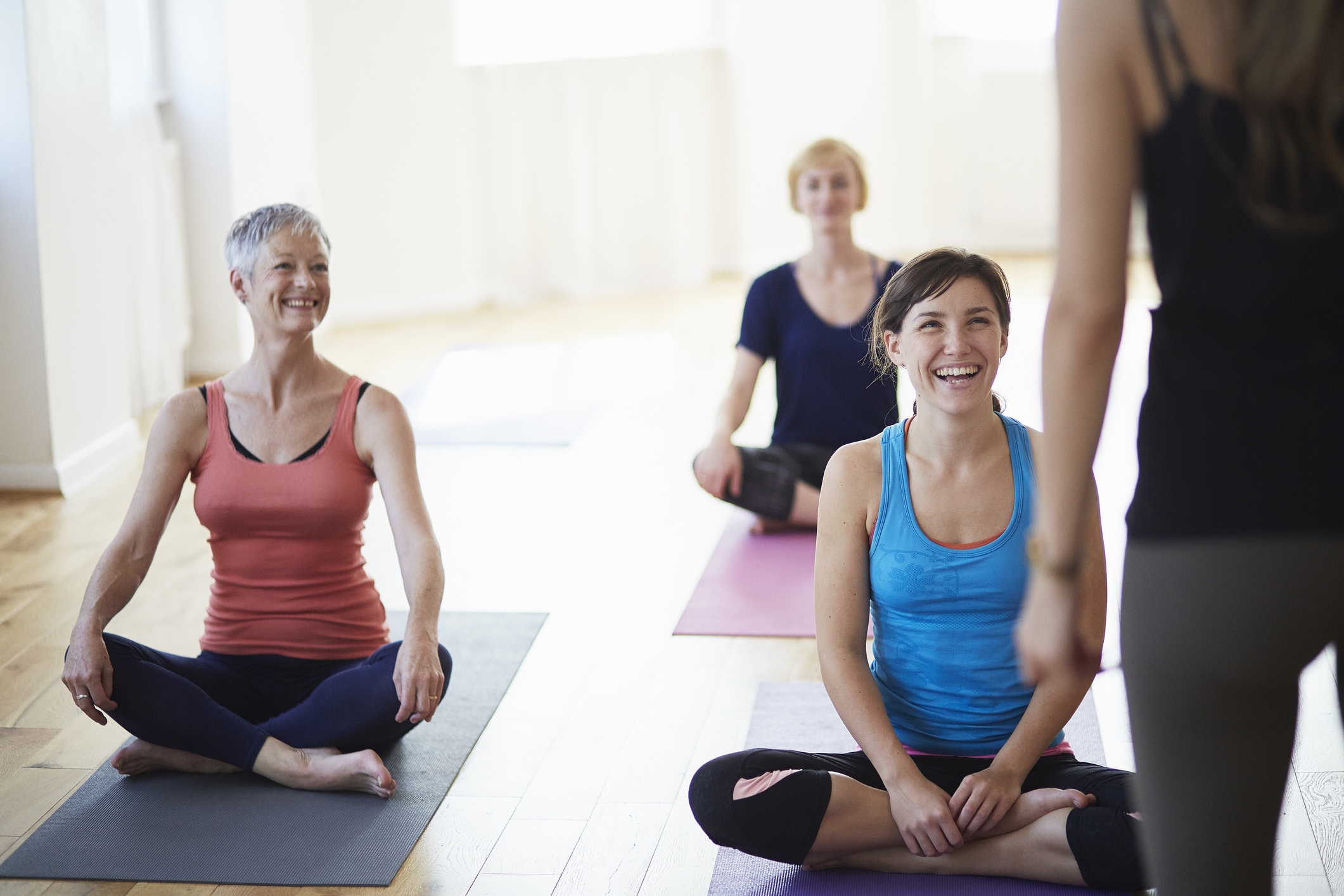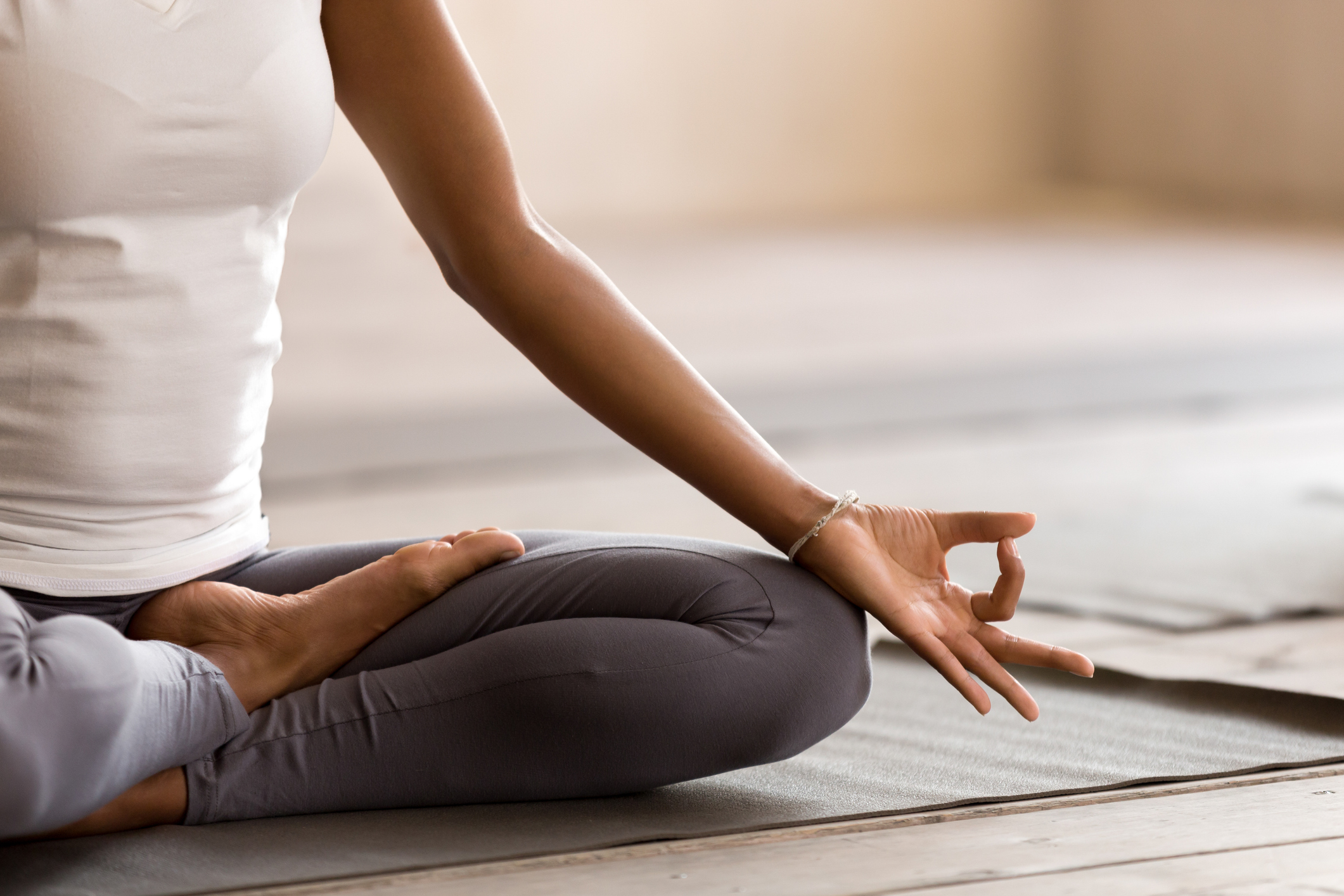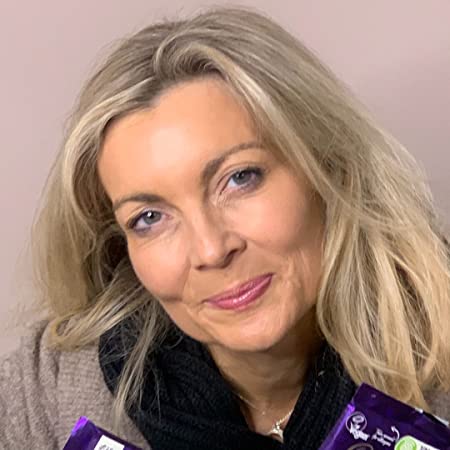Perimenopause symptoms: how to identify - and manage - yours
Aka how to pre-empt and prevent hot flushes, fatigue and more.


Celebrity news, beauty, fashion advice, and fascinating features, delivered straight to your inbox!
You are now subscribed
Your newsletter sign-up was successful
Aka how to pre-empt and prevent hot flushes, fatigue and more.
Question: are you clued up on perimenopause or the subtle perimenopause symptoms women can face in the lead up to the menopause?
Likely not, because much like early menopause and hormone replacement therapy, it's yet another under-discussed female health issue, despite affecting most women.
Davina McCall has spoken openly about her own perimenopause and menopause symptoms, protesting outside parliament a few weeks ago. While progress is being made - a new Menopause Taskforce was announced after the protests and the price of HRT prescriptions reduced, too - more still needs to be done.
We've enlisted the help of Alice Smellie, co-author of Cracking the Menopause. Here, she shares her wisdom alongside the most useful insights from the many experts she spoke to for the book. Don't miss our guides to menopause yoga, self care ideas and PMDD, while you're here.
Perimenopause symptoms: your complete guide
One of the key aims of our book, Cracking the Menopause, was to disprove the toxic myths surrounding this time of life. HRT isn't a guaranteed route to early death: women don't melt like the Wicked Witch of the West the moment they lose their oestrogen, and you don't go through an automatic, 'no fun, no party' transformation in mid-life.
What's more, you can help yourself. What we discovered during our months of research is that looking after your mind and body is absolutely key to getting through these years of hormonal turmoil.
Celebrity news, beauty, fashion advice, and fascinating features, delivered straight to your inbox!
It's never too early or too late to start, but if you can adopt lifestyle tweaks sooner rather than later, in your late thirties or early forties, they can make a huge difference to your peri-menopause symptoms, menopause experience and your long term health.
Here are some of the key suggestions from the leading experts to whom we spoke.
1. Be prepared but don't feel dread
One of the most important things about menopause is understanding when it might begin and how it might impact you. We spoke to many women who suffered insomnia and anxiety in their early forties and thought that they were going mad. Had they known that it was hormones fluctuating, it would have made a huge difference.
"In your late thirties and early forties, perimenopause symptoms may begin," says menopause expert, doctor Tonye Wokoma, NHS consultant in community gynaecology, sexual and reproductive health, in Hull and at mymenopausecentre.com. The ovaries produce three hormones; oestrogen, progesterone and testosterone, and these all plummet during menopause. There are oestrogen receptors around the body - in bones, brain, heart, skin and hair - hence the huge range of symptoms.
Perimenopause symptoms creep up on you, she shares. You may experience:
- Anxiety
- Anger
- Mood changes.
Her advice? "Be aware that it might happen and do some research," says Tonye (you could even read a book, such as Cracking the Menopause). This is a good time to inform yourself about HRT, which many women choose to take in their mid-forties.
2. Drink less
Sorry about this one, but you know it makes sense. "Try and cut down on the wine," says nutritional therapist Rayne Roberts (360fitfood.co.uk). She points out that when you experience perimenopause symptoms, your oestrogen can go up as well as down, whilst progesterone is going down. "Your body tries to recalibrate by getting rid of excess oestrogen via the liver, which is already under a great deal of pressure from caffeine, chemicals and pollution," she shares.
Also, fun fact: hangovers are highly likely to get worse as you age, and take longer to metabolise alcohol. "Your body contains less water with which to dilute it, and often more fat, which retains it," says Rayne.

3. Don't diet
"It's never too soon to start making changes to your diet," says Rayne. However, she doesn't approve of restrictive diets, calling them "depressing and negative."
Make small, but permanent changes, like consuming less sugar or eat plenty of fibre such as fruit and vegetables, which can help gut motility. "Ideally, eat protein from oily fish, beans, pulses, poultry and eggs, and ditch the high salt, high fat and processed foods."
4. Maximise muscles and boost your bones
"Over two million women in England and Wales are thought to live with osteoporosis," says Dr Karen Hind, associate professor in the Department of Sport and Exercise Sciences at Durham University.
"All women will experience some weakening of bone strength during perimenopause," she adds.
Why? Because, up to about the age of forty you can build up density with good diet and exercise. Opt for foods containing calcium, such as milk, cheese and kale and workouts that build strong muscle, such as weight training and running. Any exercise, no matter how minor, will make a difference.
"Be aware of family history once you reach your forties," says Dr Hind. "If an older and close female relative has osteoporosis, you might ask your GP for a DXA scan referral to check whether you need medication to maintain bone health, or if a healthy lifestyle is sufficient."

5. Appreciate your beauty - both in and out
Jane Ogden, professor of health psychology at the University of Surrey, points out that the ageing process is inevitable, but of course the alternative (death) is pretty miserable.
Many of us want to look our best, although this is an entirely personal choice - why shouldn't we embrace natural hair colour and elasticated waists? Jane suggests that you try to move away from the idea of being defined by your looks. People are not, by the time we're this grown-up, hanging out with you because you're pretty.
"You need to find your personal sense of identity," says Jane, who also suggests that if you're feeling inadequate, that you compare yourself to women your own age, rather than younger ones. Obviously, she's not saying that we ought to criticise each other, but you aren't going to come off worst in all areas.
6. Think calm
I don't think it's ever too soon to take up meditation or mindfulness, and learning these disciplines - I'm talking about short meditations, not week-long silent retreats - are useful at all times of life for helping with stress.
"At its most simple, mindfulness is awareness of what’s happening at any moment, whether mentally, physically or emotionally," says Vidyamala Burch, expert and author of Mindfulness for Women. "On this basis we can then choose how to respond, rather being caught in compulsive habits. We can learn to "respond rather than react" which is hugely empowering."
Quite literally, it's waking up, smelling the coffee, listening to the birdsong, and appreciating the moment.

7. Breathe deep
Another technique that is excellent for calming yourself down, and also for getting back to sleep if you're struggling at night, is paced breathing; slow, deep breathing from the stomach.
Professor Myra Hunter, emeritus professor of clinical health psychology at King’s College London, and the co-author, along with Dr Melanie Smith, of Living Well Through the Menopause, recommends this for menopause symptoms but also general stress management.
"The idea is that it may ease anxiety enough to alleviate the hot flush, or even stop it from being fully triggered. It is also an invaluable tool for stress and anxiety generally," she shares.
This guide to breathwork training may just help.
Cracking The Menopause, by Mariella Frostrup and Alice Smellie is out now and available to buy on Amazon.
Alice Smellie is a British health writer and co-writer of Cracking the Menopause. She writes a monthly column for Marie Claire UK, called Discussing Menopause, where she breaks down common menopause myths with some of the best experts in the business. She's also the co-founder of the campaign group Menopause Mandate.
